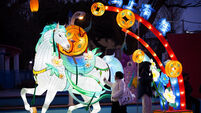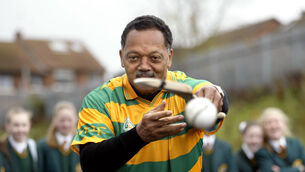Iceland feels chill of Christmas recession
Iceland is paying the price for its role in adding to the world credit crunch by being forced into an austerity Christmas.
Among the things now selling briskly in the capital Reykjavik are horse meat, second-hand clothing and used DVDs of “The Sound of Music.”














